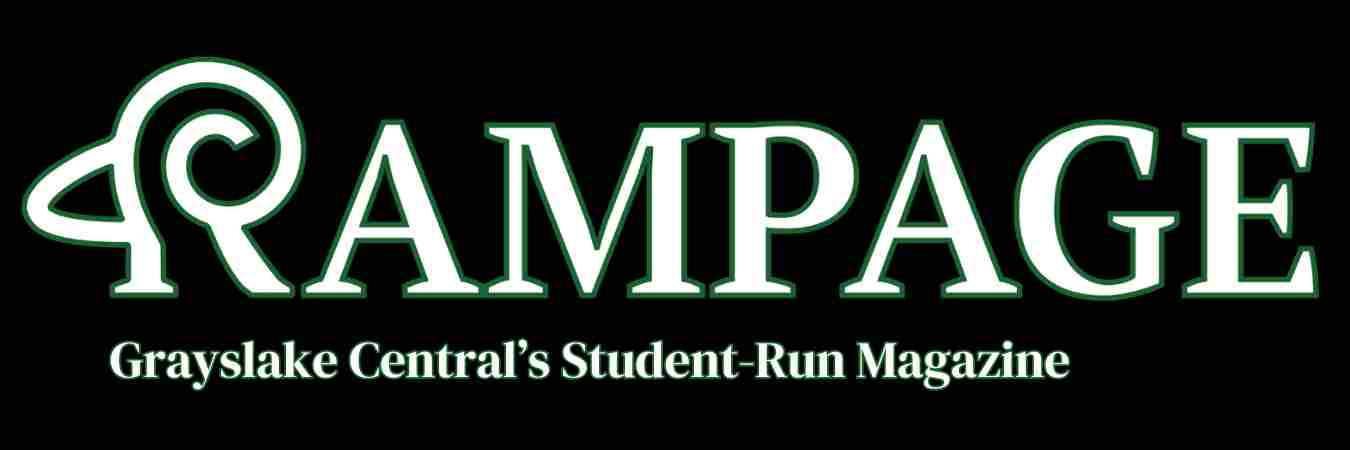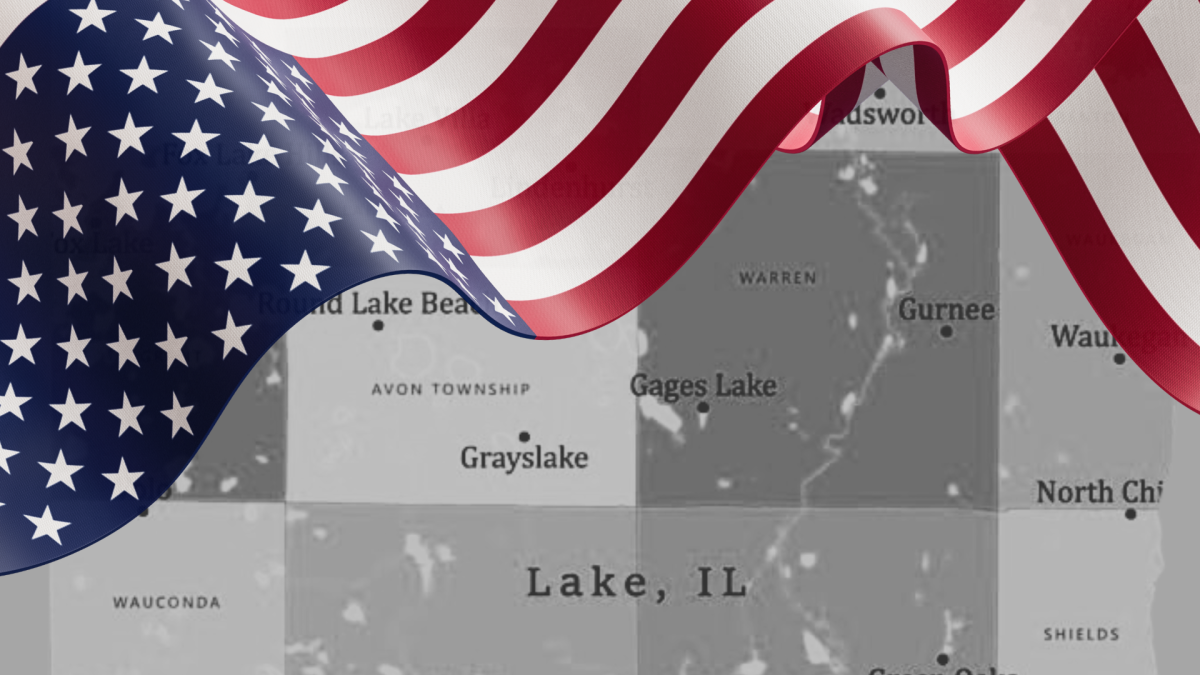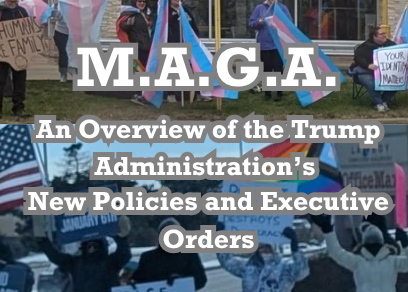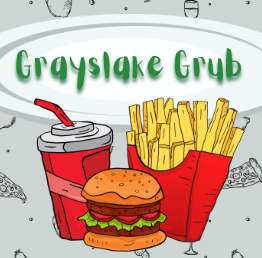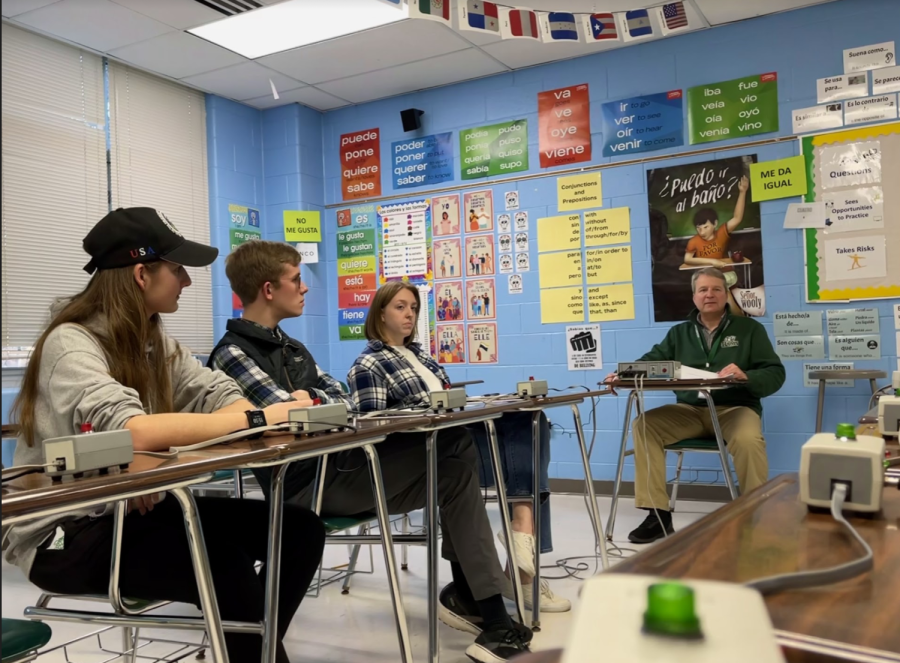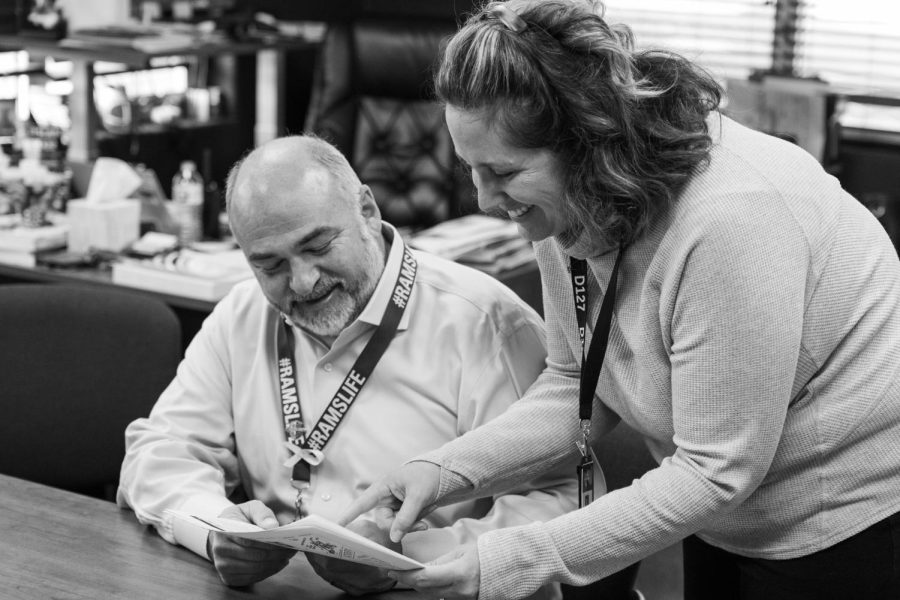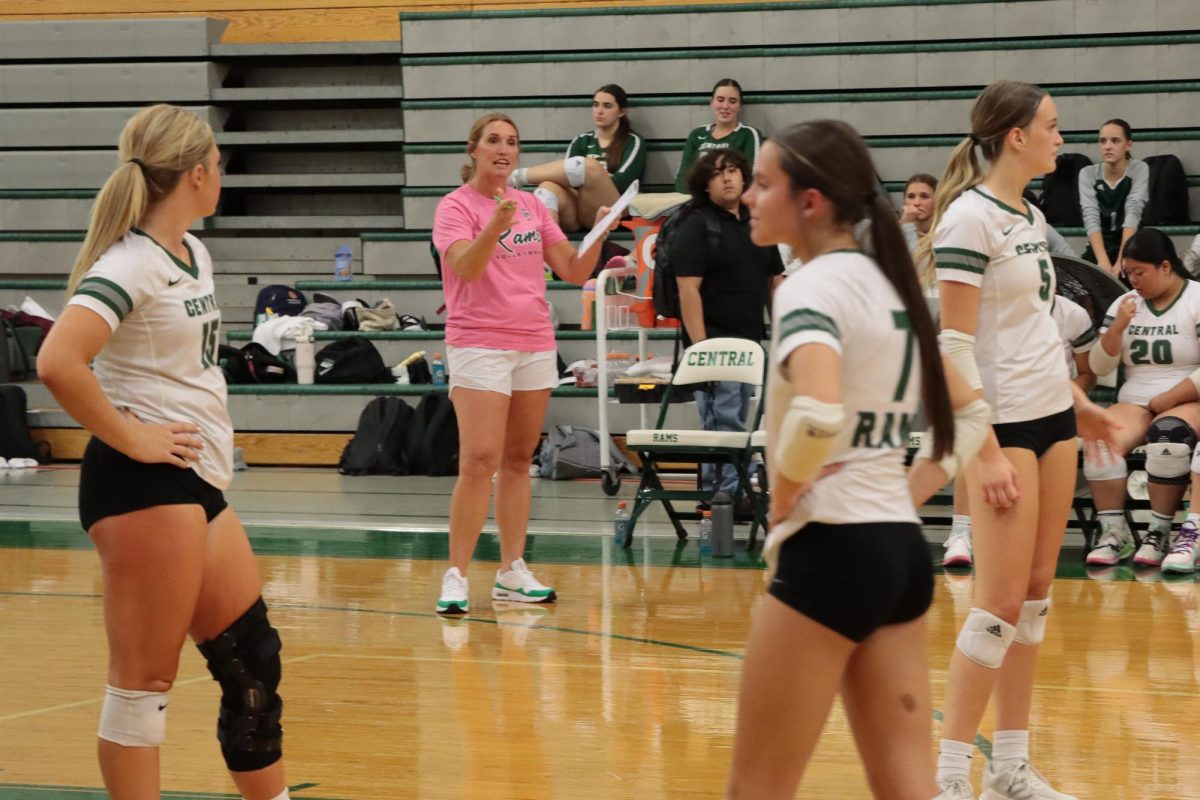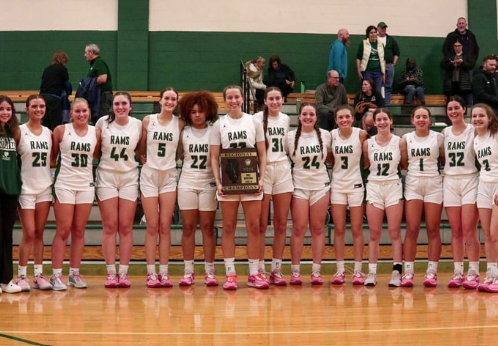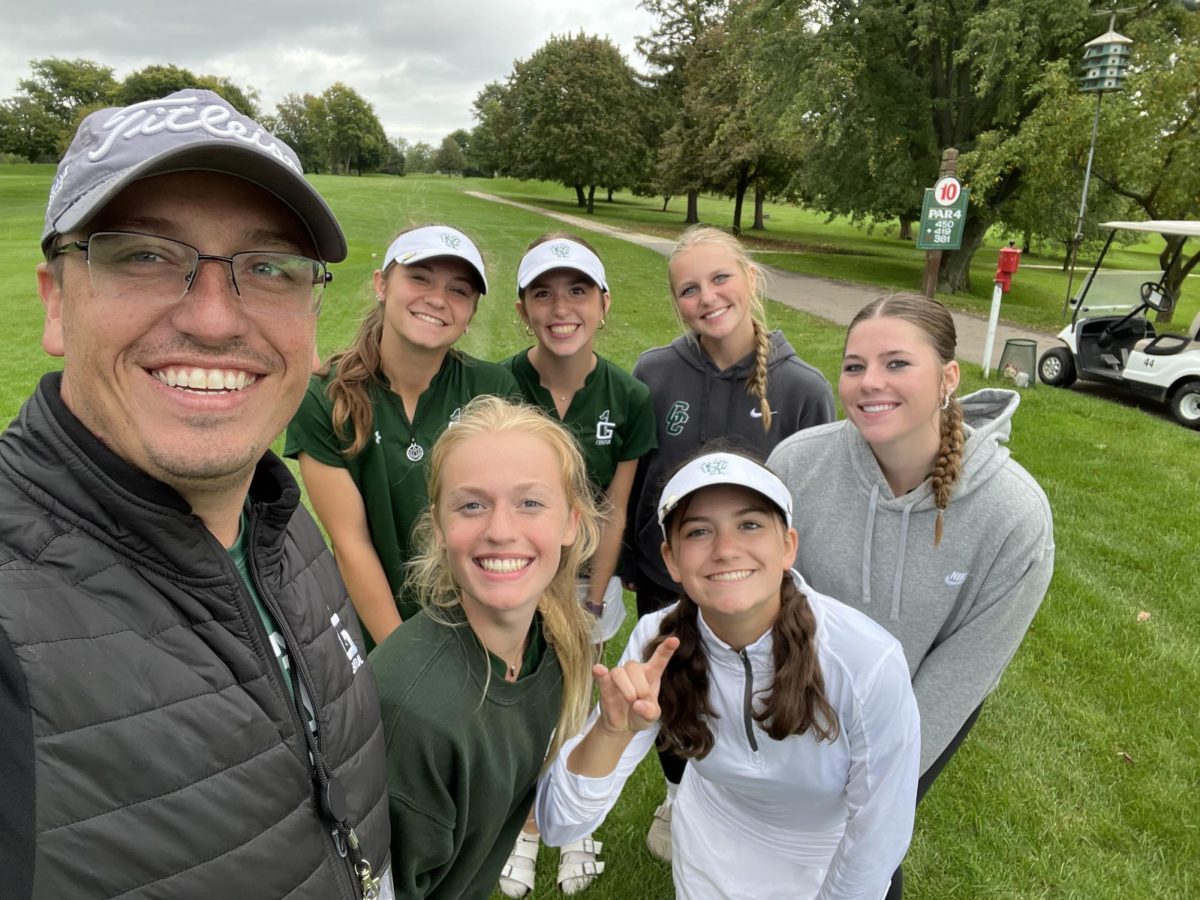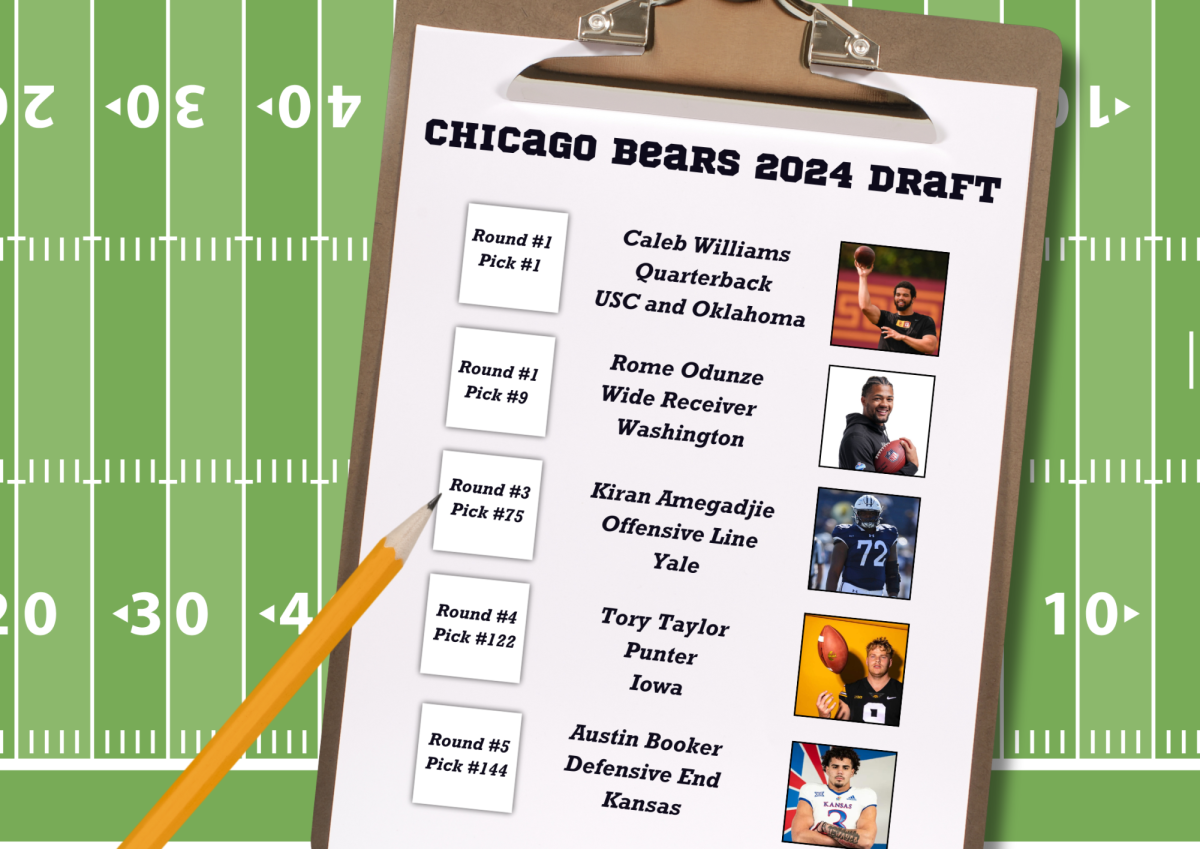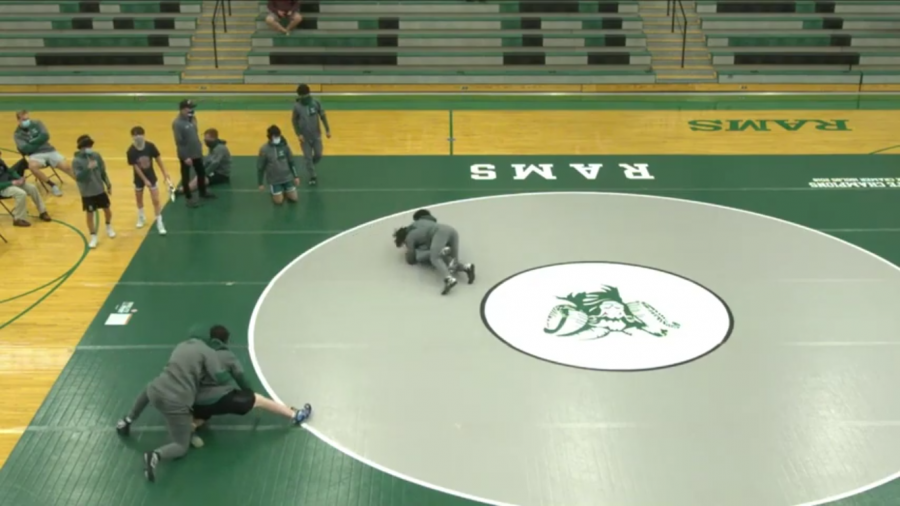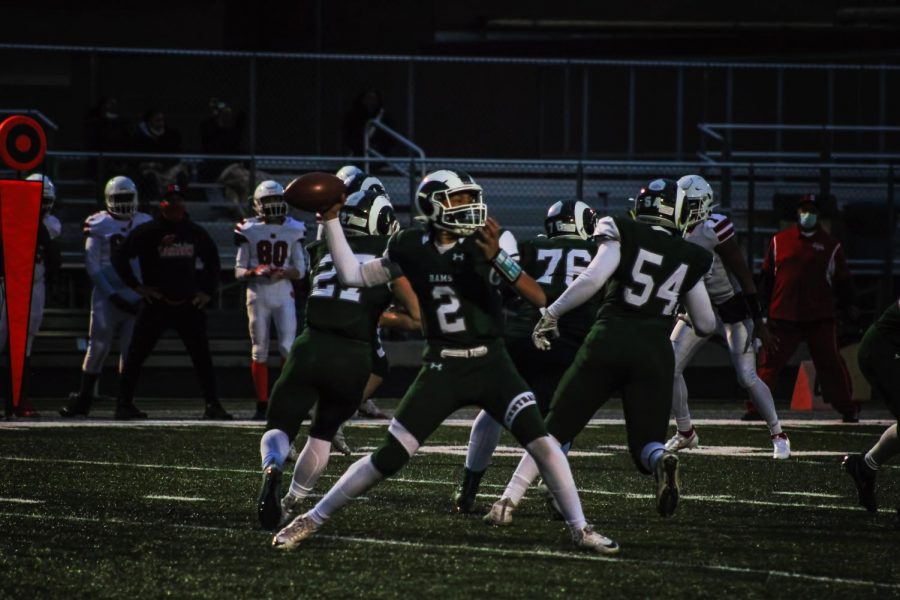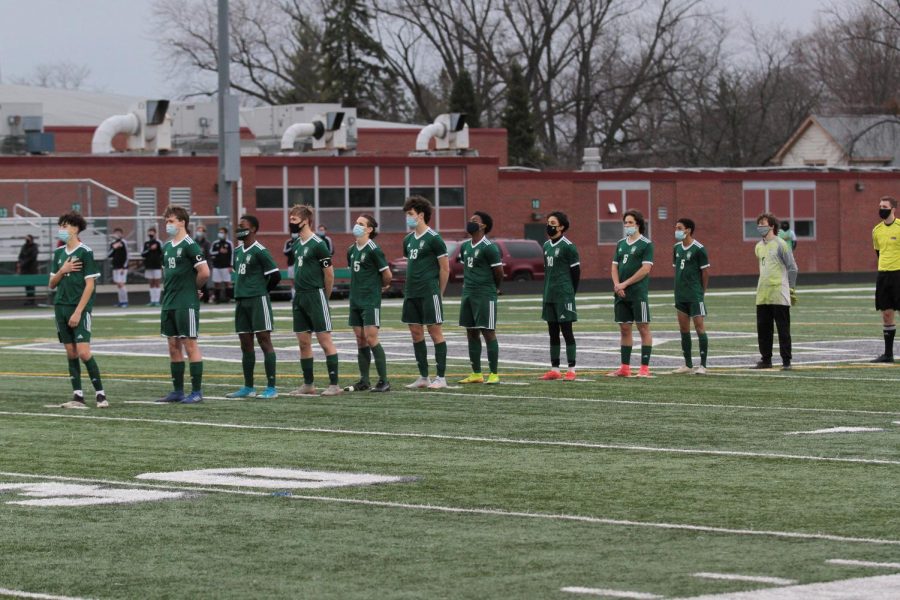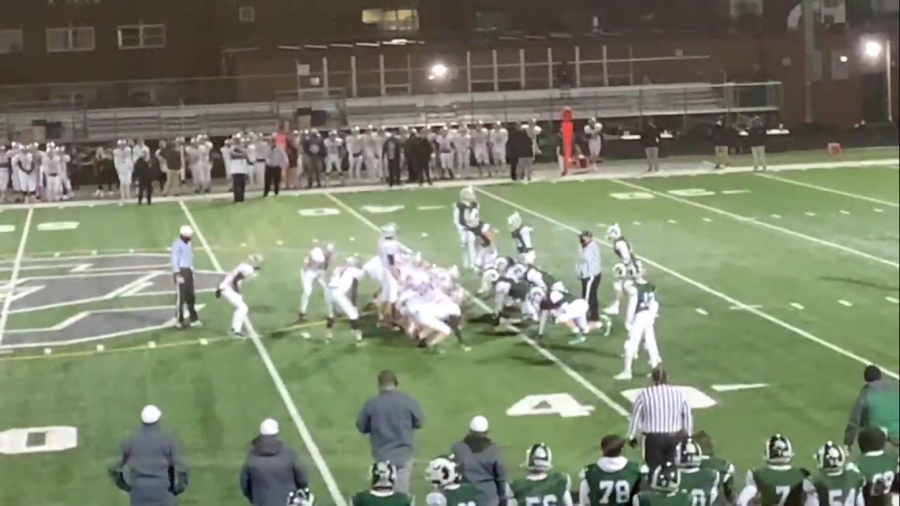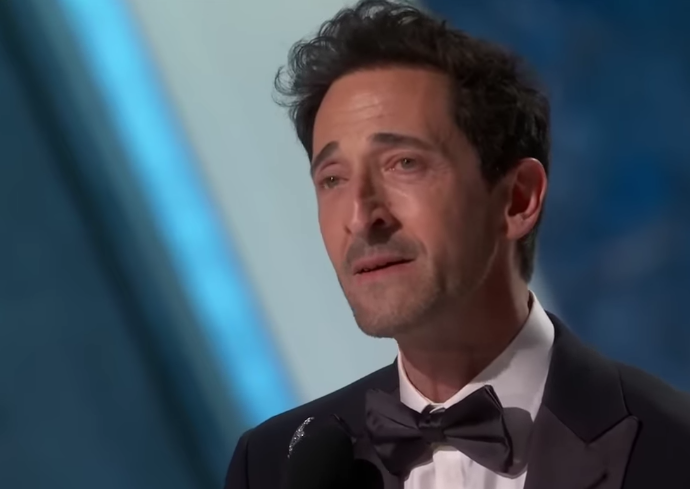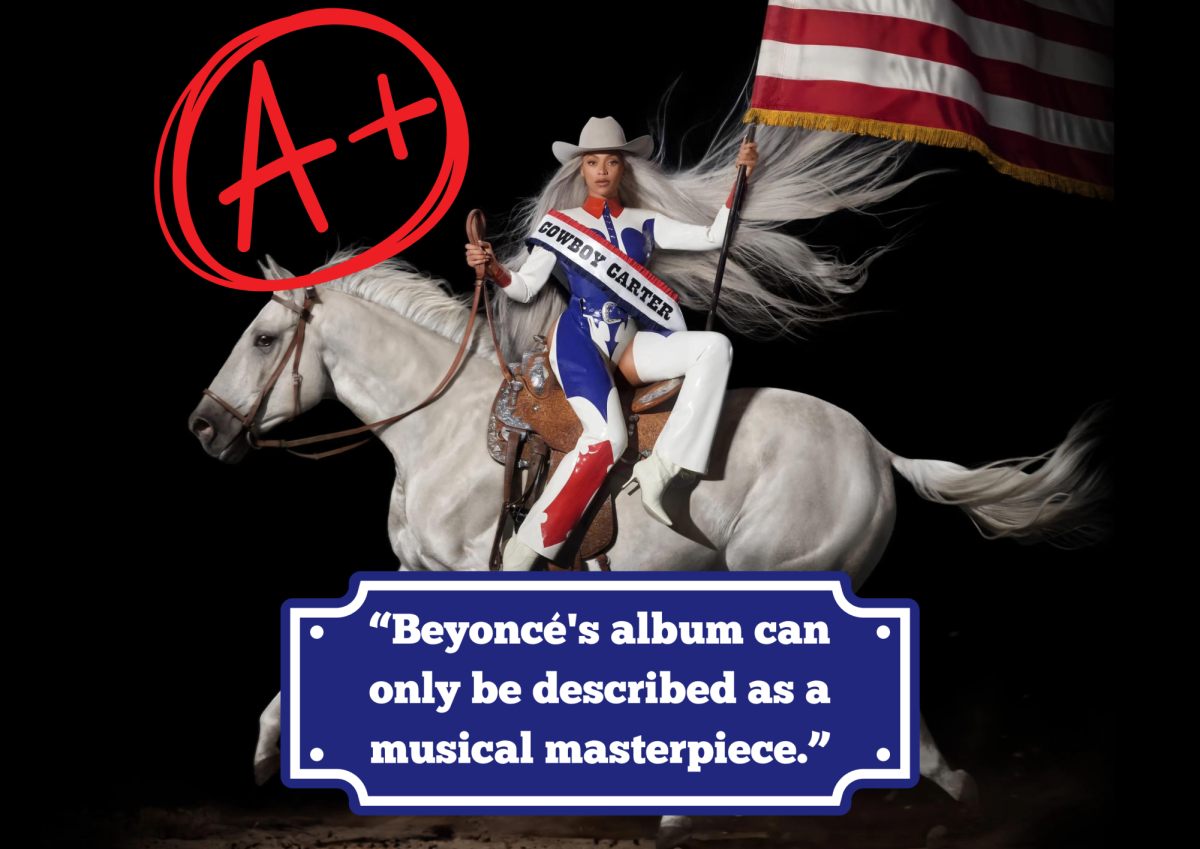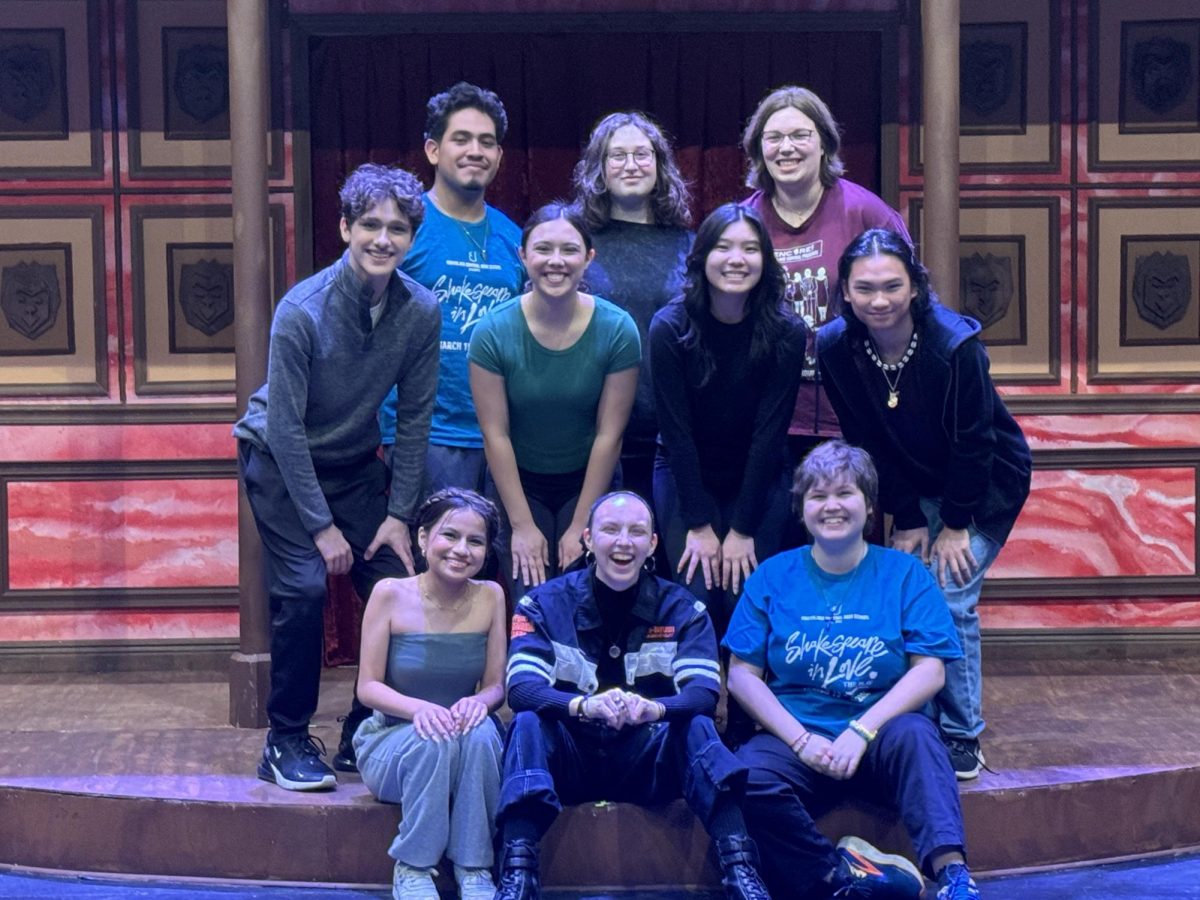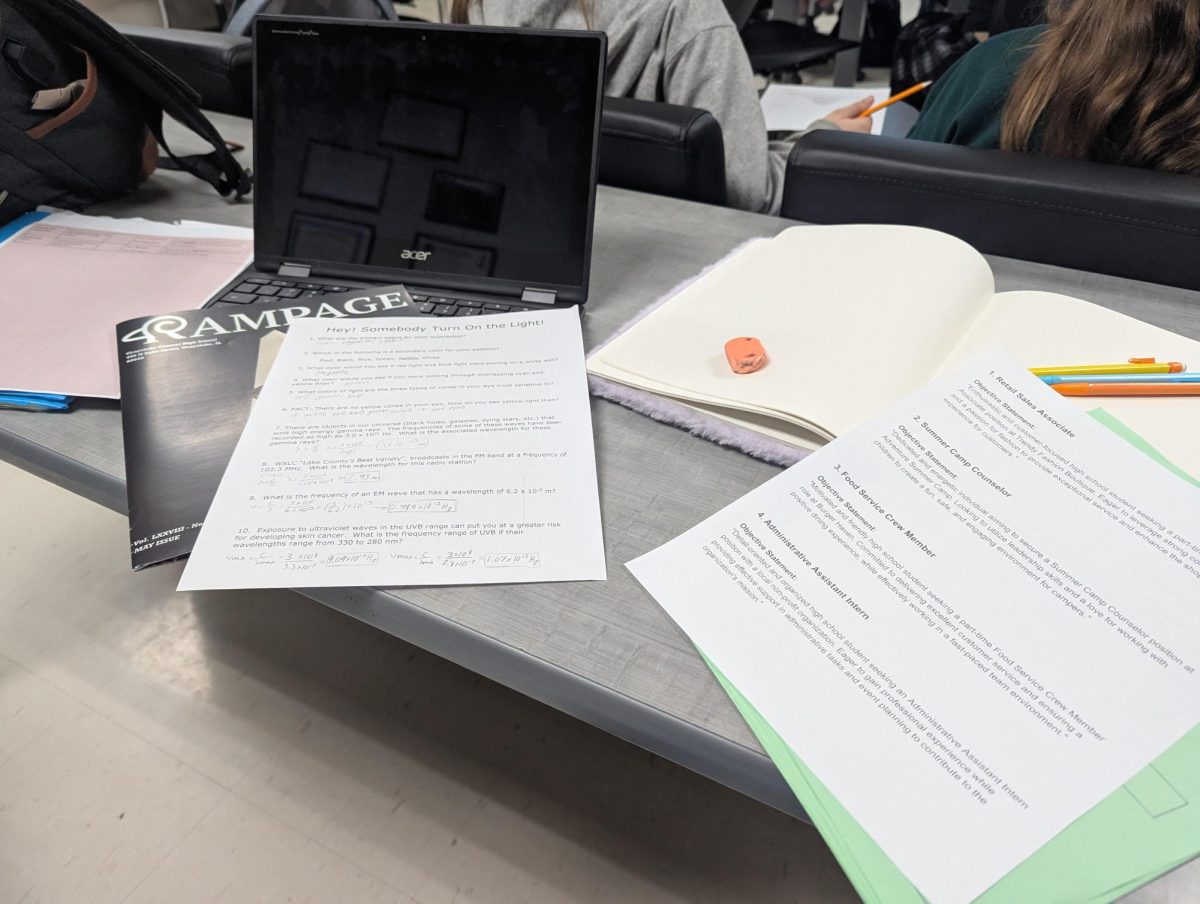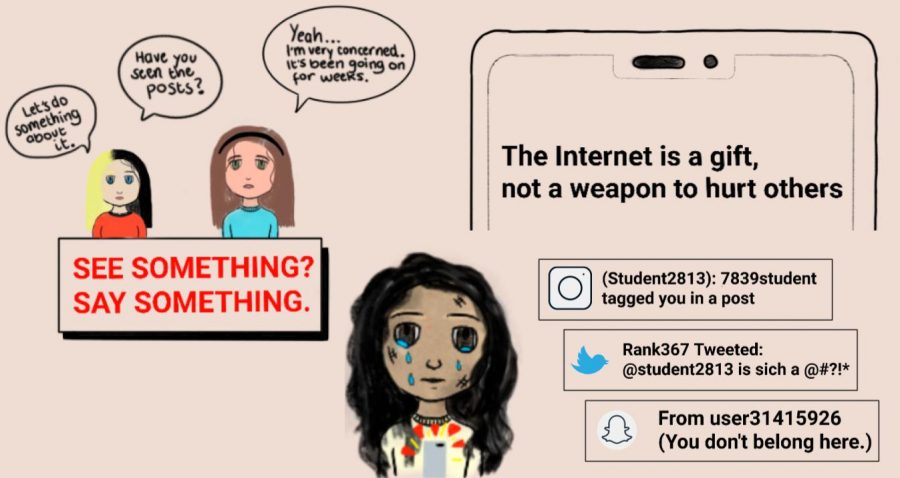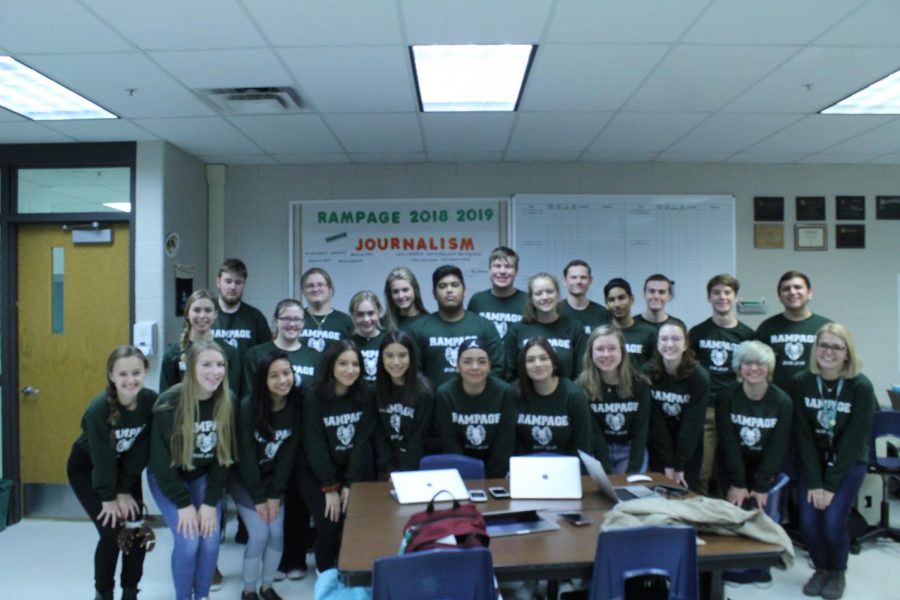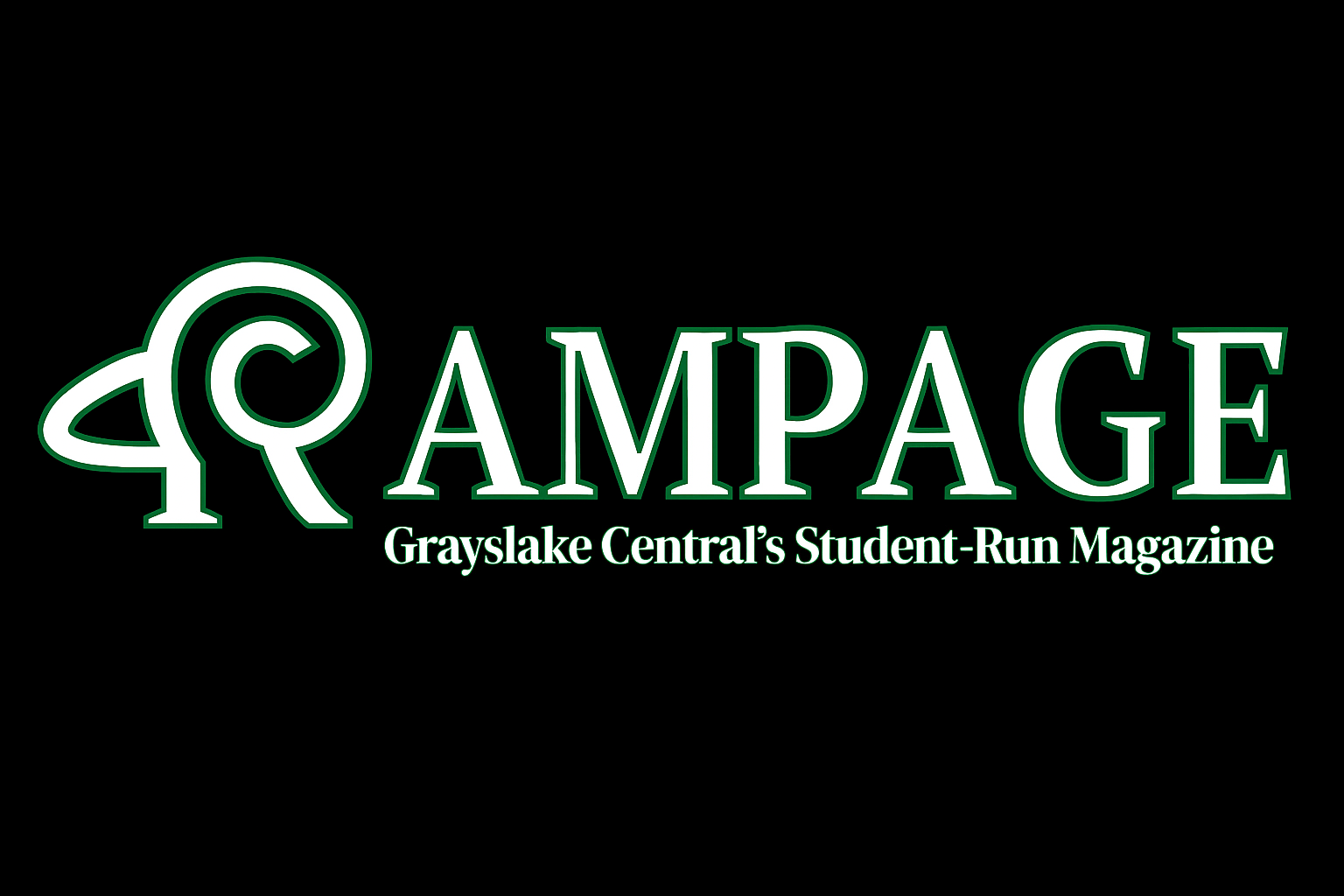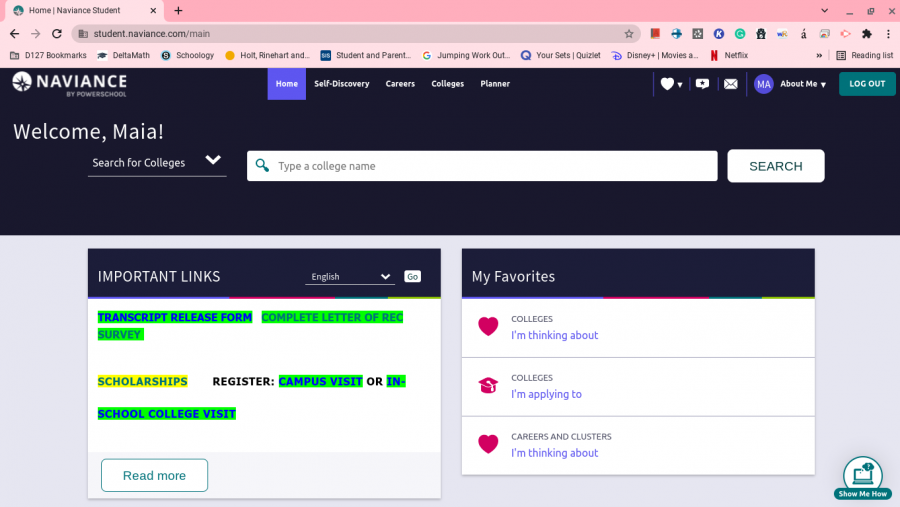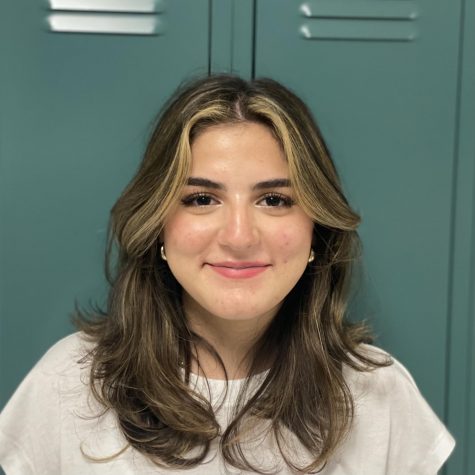Students plan for life after high school
What do you do after high school?
Naviance can not only help students organize their college information but also take multiple personality tests to determine that right career for you.
December 10, 2021
Thinking about life after high school can be stressful. Whether you plan on pursuing a future at a college, trade school, or the military, it is no easy process. From making life decisions about where to go to actually starting to submit applications, we all can find ourselves unsure of the next steps to take after high school.
It’s important for students, especially the seniors among our student body, to start considering post-secondary plans by looking at different options that might suit them. As counselor Barry Goldman explains, “It’s okay to look at alternative options, do what’s right for you, and find the best fit for you as a student.”
While many students are deciding to continue their academic education at a two or four-year college, others may choose different options. Counselor Stephanie Rossie explained that “College isn’t for everyone… There’s the military; there is the workforce; sometimes kids take a gap year to work, and then kind of figure out what they do. So I think it’s really specific to each individual and what’s important to them in what they value and what their family values.”
If you’ve found that college is the right fit for you, though, this guide will help walk you through your college decision-making process.
While it is okay to take your time when making an impactful decision like choosing a college or a major, it is highly encouraged to start planning early on.
“We really want kids to start thinking about the process as a freshman,” Rossie said. Freshmen can use those beginning years of high school as a time to think of what they see themselves pursuing long-term. When it comes time to plan for college, they can start their application process or put forth their future plans with a certain level of preparedness.
“As seniors, students are in that… application phase, so they’re actually applying and they’re figuring out where they may end up going,” Goldman explained. “I’d really like to start the conversation earlier in their high school career so they sort of have a vision of where they’re headed.”
There are many different factors to consider before choosing a college. Generally, they include location, campus size, major options, and the values of the institution.
“There’s a number of things I think are really important to consider. So the first thing is size… Second is location. Also, make sure that the school has your major,” Rossie said. “Additionally, doing your research, making sure that you are looking into the school, looking at the options, making sure it has your major and then making sure you actually take a visit to that school, I think it’s really important.”
Selecting a major is also a big part of the college decision-making process. Sources around GCHS like the counselor’s office or College and Career Center can help you navigate your interests. Also, having a diverse class schedule can help broaden your scope.
“When we’re picking classes it’s not just picking them to fill the graduation requirements. It’s really to kind of expose yourself to potential career paths down the road,” Barry explained.
While money should also be considered, it should not break or make your decision. College & Career Center Coordinator Noel Mercure Marquardt stated, “The most important thing is that money should not be one of your concerns until after you’ve chosen your major for your college. So money, put that out of your head, as long as you can.”
If you still find yourself unsure of the career path right for you, Naviance can help you come to a decision. Naviance, as Rossie explained, is “Our college and career exploration system… we have a personality inventory, as well as a career cluster finder that we can utilize.”
In Naviance, students can take multiple personality tests which can determine the right career path for them. “In Naviance students can take a couple surveys… one is called “Do What You Are” and one is called “Career Finder” and you answer all these questions… at the very end of that it gives you a list of all these careers that are suited for you,” Marquardt said.
Juniors and seniors can also use the Lake County Tech Campus as a way to explore different career paths. “The tech campus for juniors and seniors is one way that a lot of [students are able] to go into some career-based programs,” Goldman said.
College visits can also help students determine the right fit for them. You can have the opportunity to speak with dozens of different college admissions representatives right here at school.
“We do have…college admission reps that come in, in the fall typically about 100 to 150 colleges,” Goldman mentioned. College visits can help you learn more about the school and if they are what you are looking for, before going for an official visit.
“Additionally, we have college visits that come here to school as well. So we obviously encourage kids to attend those. Oftentimes, those are the people that are reading applications during the application process. So it’s really nice to formulate a relationship and start putting a face with a name,” Rossie explained.
While the process of choosing a post-secondary plan can be a stressful time for many high school students, it can also be a time to explore your options and what future you want to pursue. As Goldman explained, “This is your first chance as a student to really pick where you’re going next a lot of times… So hopefully, you’ll have fun with it and enjoy the process.”
